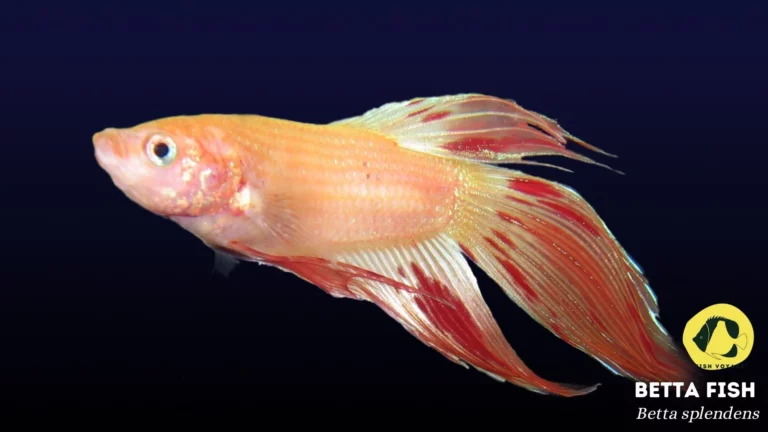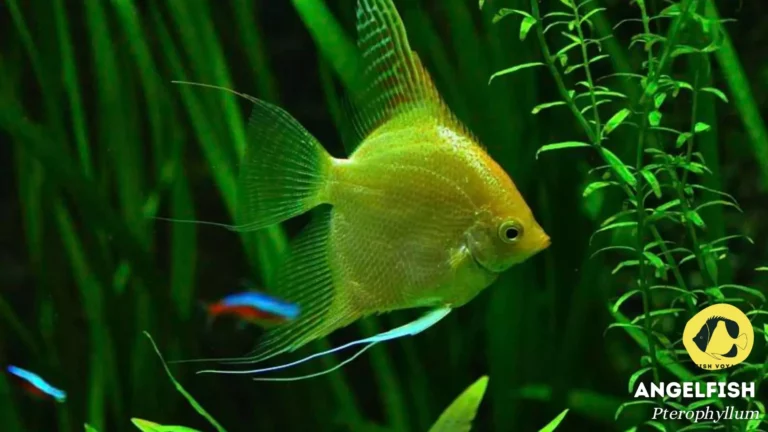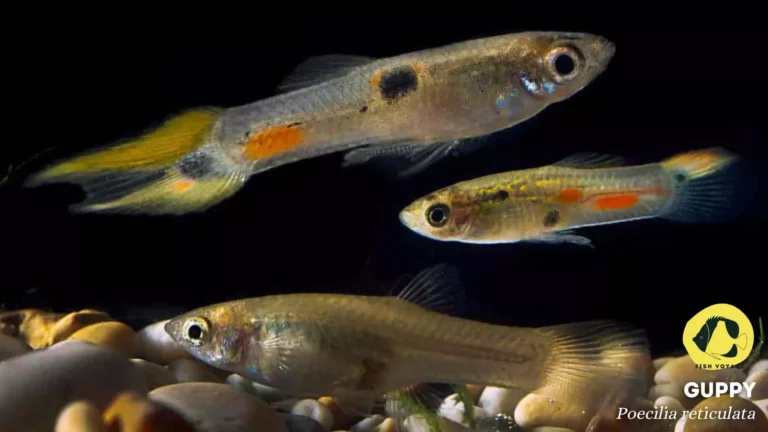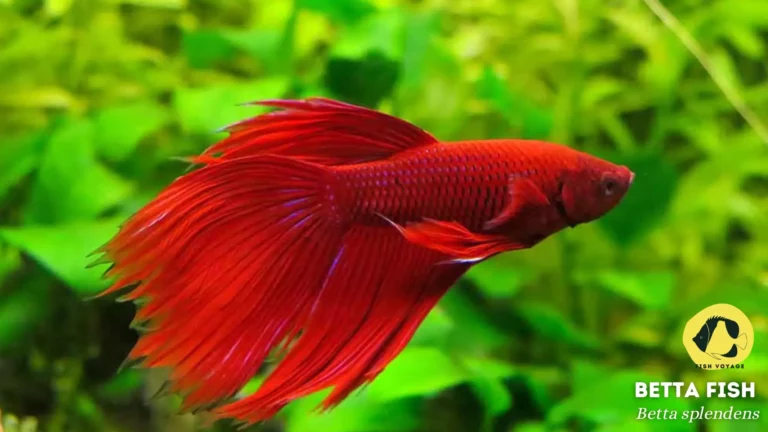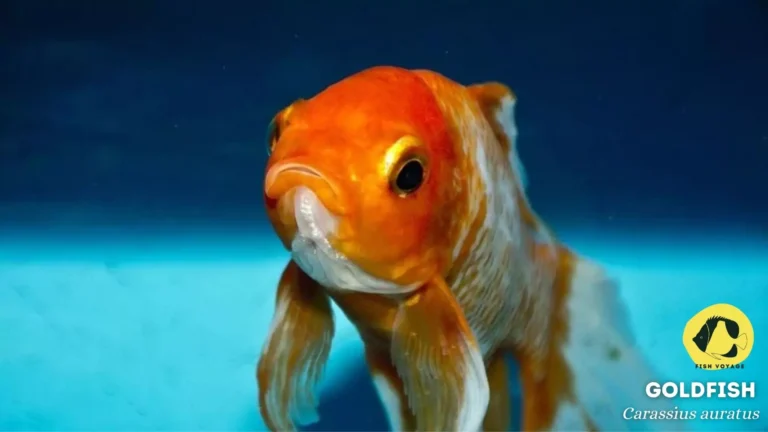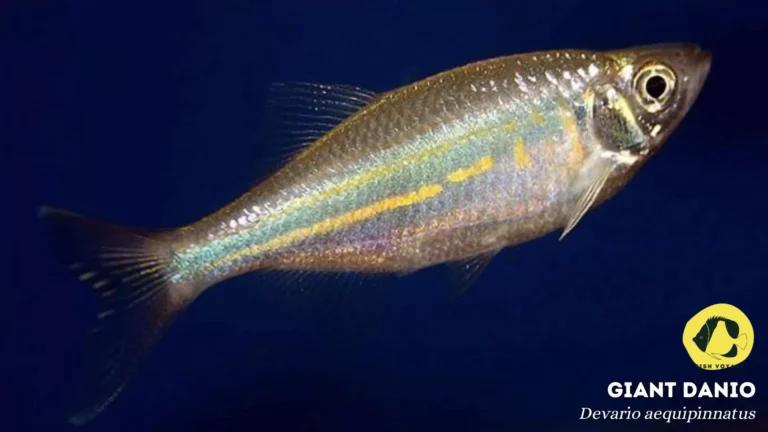Can Platys Eat Goldfish Food?
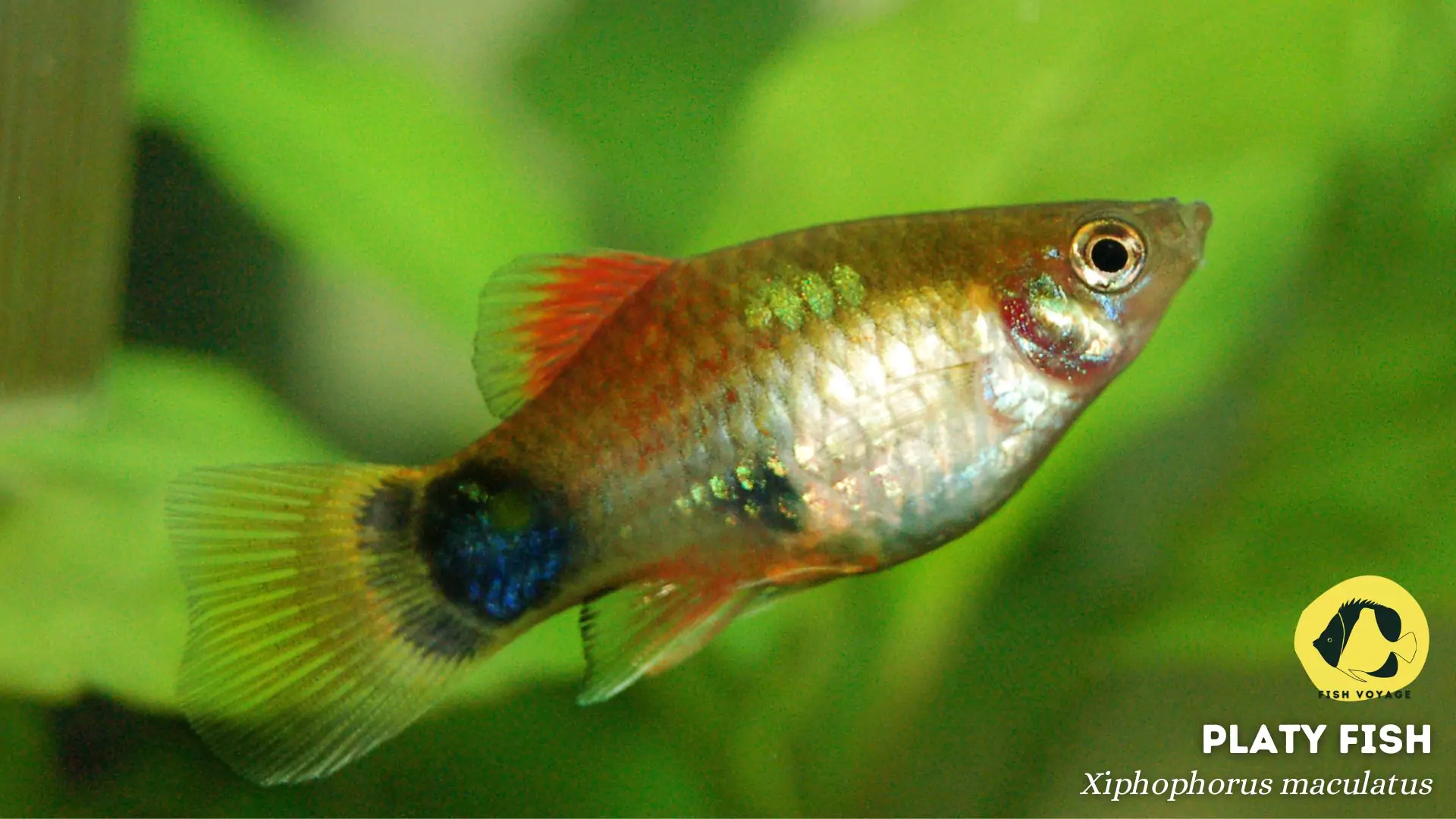
Platys, with their vibrant colors and playful nature, captivate the hearts of aquarium enthusiasts. Among the many considerations for platy owners, a crucial aspect is their dietary regimen. Ensuring that platys receive the right nutrition is fundamental to their overall well-being and longevity. In this comprehensive guide, we delve into a specific query that often arises in the minds of platy keepers: Can platys eat goldfish food? Navigating the intricacies of their dietary needs is paramount for any responsible aquarist, as it directly impacts the health and vitality of these charming freshwater fish. Join us as we explore the balance between culinary curiosity and nutritional essentials, shedding light on the relevance of proper nutrition for the flourishing aquatic life in your care.
Understanding Platys’ Dietary Needs
Natural Diet in the Wild
In their native habitats, platys thrive on a diet consisting of a diverse array of insects, small crustaceans, and plant matter. This varied menu contributes to their overall health, replicating the nutritional richness they encounter in their natural ecosystems.
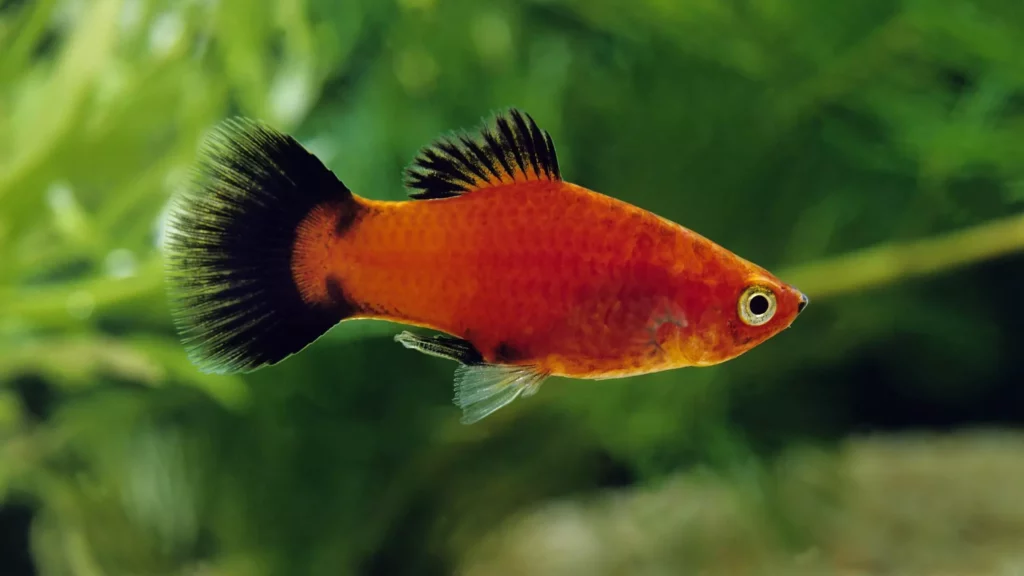
Nutritional Requirements for Healthy Platy Development
Platys, like any living organism, require a balanced blend of proteins, carbohydrates, vitamins, and minerals for optimal growth and development. Proteins, essential for muscle development, and vitamins, crucial for overall vitality, play key roles in shaping the robustness of these aquatic companions.
Significance of a Balanced Diet in Captivity
The transition from wild habitats to aquariums necessitates a meticulous understanding of platys’ dietary needs. A well-balanced diet is not only crucial for sustaining life but also enhances their resistance to diseases and supports reproductive health. Achieving this balance becomes even more imperative in captivity, where the artificial environment places the onus on owners to replicate the nutritional complexity of their natural surroundings.
In caring for these aquatic wonders, an appreciation of their dietary intricacies forms the foundation for a fulfilling and enduring companionship. This insight into their natural diet, nutritional requirements, and the importance of balance sets the stage for conscientious decision-making in crafting an appropriate diet for platys in captivity.
Overview of Goldfish Food
Introduction to Goldfish Food and Its Components
Goldfish food serves as a cornerstone in the nourishment of these beloved aquatic companions. Crafted to meet the dietary needs of goldfish, this specialized food typically comprises a blend of high-quality ingredients. From protein sources to essential vitamins, goldfish food aims to replicate the nutritional diversity crucial for the well-being of these finned friends.
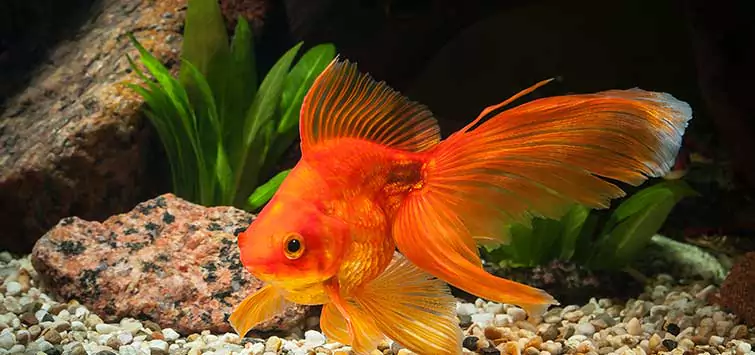
Key Nutrients in Typical Goldfish Food
A closer examination of goldfish food reveals a meticulous balance of nutrients. Protein content, often derived from fish meal or plant sources, supports muscle development, while carbohydrates provide the necessary energy for daily activities. Additionally, the inclusion of vitamins such as A, C, and D contributes to overall health, bolstering immune systems and promoting vibrant colors.
Common Types of Goldfish Food in the Market
Goldfish enthusiasts are presented with a range of options when it comes to selecting food for their aquatic companions. Pellets, flakes, and granules are among the most common forms, each designed for specific feeding preferences and sizes of goldfish. Pellets, for instance, are formulated to sink or float, catering to the varied feeding habits of different goldfish breeds.
Navigating the realm of goldfish food provides aquarists with the tools to make informed choices for their finned companions. Understanding the composition and variations in goldfish food lays the groundwork for tailoring a diet that not only meets the nutritional requirements of these aquatic marvels but also enhances their overall health and vitality.
Can Platys Eat Goldfish Food? The Pros and Cons
Feasibility of Platys Consuming Goldfish Food
Understanding the compatibility of goldfish food with platys requires a nuanced evaluation. In general, platys can consume goldfish food without adverse effects. The digestible nature of these pellets or flakes makes them accessible to a variety of freshwater fish, including platys.
Potential Benefits of Feeding Goldfish Food to Platys
One notable advantage of incorporating goldfish food into platys’ diet is the diverse nutrient profile it offers. Rich in proteins, vitamins, and minerals, goldfish food can contribute to the overall health and vibrancy of platys. The balanced nutritional content can support growth, enhance coloration, and fortify the immune system.
Drawbacks or Concerns Associated with this Practice
While goldfish food can provide a well-rounded diet, there are considerations to bear in mind. The specific dietary requirements of platys may not be fully met by goldfish food alone. Platys are omnivores with a penchant for plant matter, so a diet solely reliant on goldfish food may lack certain essential components.
Additionally, overfeeding poses a risk, as excessive consumption of goldfish food might lead to health issues, such as obesity and compromised water quality. It’s crucial for platy owners to strike a balance, supplementing goldfish food with other suitable options to ensure a comprehensive and tailored diet.
In the delicate balance of aquatic nutrition, the compatibility of goldfish food with platys presents both advantages and considerations. By weighing the pros and cons, aquarists can make informed decisions, tailoring the diet to meet the unique nutritional needs of their platys while maintaining a harmonious and thriving aquatic environment.
Alternatives to Goldfish Food for Platys
Varied Diet for Platys
Opting for a diverse and species-specific diet proves advantageous for the overall well-being of platys. While goldfish food can be part of their nutrition, supplementing it with alternatives ensures a more comprehensive and tailored approach to their dietary needs.
Benefits of a Varied and Species-Specific Diet
A diet encompassing a variety of food sources mirrors the natural feeding habits of platys in the wild. Incorporating live or frozen foods, such as brine shrimp, daphnia, or bloodworms, provides essential nutrients and introduces enrichment to their diet. The diversity not only supports optimal growth but also enhances their coloration and overall vitality.
Commercially Available Platy Food Recommendations
Numerous commercially available platy foods are specifically formulated to meet the nutritional requirements of these freshwater fish. Look for high-quality pellets or flakes designed for platys, ensuring they contain a balanced mix of proteins, vitamins, and minerals. Brands with a reputation for producing species-specific fish food often offer formulations suitable for platys.
API Tropical Mini Pellets: A nutrient-rich formula tailored to the dietary needs of platys, promoting health and vibrant colors.
Tetra ColorPlus Fish Food Flakes: A carefully crafted blend of ingredients to support growth, immune health, and overall well-being.
By exploring alternatives to goldfish food and embracing a varied, species-specific diet, platy owners can contribute to the long-term health and happiness of their aquatic companions. Incorporating a range of food options not only caters to the diverse nutritional requirements of platys but also adds an element of enrichment to their daily feeding routine.
Tips for Feeding Platys
Establishing a Feeding Routine
Establishing a consistent feeding routine is essential for the well-being of platys. Feed them at the same times each day, creating a sense of predictability. This routine not only ensures that platys receive the nutrition they need but also helps maintain water quality by preventing uneaten food from accumulating.
Portion Control to Prevent Overfeeding
Practicing portion control is crucial to prevent overfeeding, a common pitfall in aquarium care. Offer an amount of food that platys can consume within a few minutes. Overfeeding can lead to issues such as obesity, compromised water quality, and increased waste production. Moderation is key to maintaining a healthy aquatic environment.
Observing Fish Behavior for Nutritional Insights
Paying close attention to the behavior of your platys provides valuable insights into their nutritional needs. Signs of inadequate nutrition may include lethargy, loss of color, or changes in swimming patterns. If such indications arise, consider adjusting their diet by incorporating a variety of foods or consulting with a knowledgeable aquarium professional for guidance.
Varying the Diet for Nutritional Diversity
Introduce variety into the platys’ diet to ensure they receive a spectrum of nutrients. Alternate between high-quality pellets, flakes, and supplementary live or frozen foods like brine shrimp and bloodworms. This approach not only caters to their diverse nutritional requirements but also adds enrichment to their feeding experience.
Adapting Feeding to Life Stages
Tailor the feeding regimen to accommodate the life stages of platys. Juveniles may require more frequent feedings, while adults benefit from a balanced diet that supports their specific needs. Specialized foods for fry and pregnant or nursing females are available to address the unique nutritional demands during these stages.
In fostering the health and vitality of platys, a thoughtful approach to feeding goes beyond mere sustenance. By incorporating these practical tips into your routine, you can create a harmonious and thriving environment for these charming freshwater fish.
Conclusion
In the intricate tapestry of platy care, the question of whether these vibrant freshwater companions can consume goldfish food unveils a nuanced exploration of their dietary needs. As we navigate through the facets of their natural diet, the composition of goldfish food, and the considerations of incorporating it into their nutrition, a central tenet emerges— the paramount significance of providing a well-balanced and species-appropriate diet for platys.
Ensuring the vitality and longevity of platys hinges on a thoughtful and diversified approach to their nutrition. While goldfish food may find its place in their culinary repertoire, complementing it with a variety of species-specific options enriches their diet and fosters a thriving aquatic ecosystem. From establishing a consistent feeding routine to observing behavioral cues that hint at their nutritional well-being, these practices collectively contribute to the holistic care of platys.
In the vast community of aquarium enthusiasts, knowledge-sharing is an invaluable resource. We encourage you, our readers, to share your experiences and insights. Whether you’ve uncovered a unique dietary preference or encountered challenges in crafting the perfect platy menu, the collective wisdom of fellow fish enthusiasts can illuminate the path to optimal care. Let the exchange of ideas and advice flourish, creating a community dedicated to the well-being of these charming aquatic companions.
As stewards of these aquatic wonders, our commitment to providing the best for our platys extends beyond their tanks. May this guide serve as a beacon for informed decisions, fostering a deep understanding of their nutritional needs and cultivating a thriving environment where platys can exhibit their full vibrancy and charm.
Additional Resources
For further insights and in-depth discussions on Platys’ diet, consider exploring the following reputable resources.
Aquarium Forums
Engage with fellow aquarium enthusiasts and seek advice from experienced hobbyists on dedicated forums. Platforms like AquariumAdvice and Fishlore provide valuable insights into Platys’ diet and nutrition. Join the conversations, share your experiences, and tap into the collective wisdom of the community.
Books on Platys’ Diet
Delve into the world of aquatic literature to gain comprehensive knowledge about Platys and their dietary requirements. Platys: A Complete Pet Owner’s Manual by Harro Hieronimus and The Complete Encyclopedia of Tropical Fish by Esther J. J. Verhoef-Verhallen are highly regarded publications offering expert guidance on Platys’ care, including their optimal diet.
These resources serve as valuable additions to your quest for understanding and refining the diet of your Platys. By tapping into the wealth of knowledge available in forums and expert-authored books, you can enhance your proficiency in Platys’ care and contribute to the thriving community of responsible aquarists.
Frequently Asked Questions (FAQs)
1. Can platys eat goldfish food exclusively, or do they need a varied diet?
While platys can consume goldfish food, a well-rounded diet that includes a variety of options such as pellets, flakes, and live or frozen foods is recommended. A diverse diet ensures they receive the essential nutrients needed for optimal health.
2. Is there a specific brand of goldfish food suitable for platys?
Look for high-quality goldfish food brands that offer a balanced mix of proteins, vitamins, and minerals. Additionally, explore commercially available platy food designed to meet their specific nutritional requirements.
3. How often should I feed my platys goldfish food?
Establish a consistent feeding routine, offering an amount of food that platys can consume within a few minutes. Typically, feeding once or twice a day is sufficient. Adjust the frequency based on their age and life stage.
4. What are the signs that my platys may not be getting adequate nutrition from goldfish food?
Watch for signs such as lethargy, loss of color, or changes in swimming patterns. These may indicate inadequate nutrition. Consider diversifying their diet with supplementary live or frozen foods if such signs emerge.
5. Can overfeeding goldfish food pose risks to platys and their environment?
Yes, overfeeding can lead to issues such as obesity, compromised water quality, and increased waste production. Practice portion control, offering an amount that platys can consume within a few minutes, to maintain a healthy and balanced environment.

